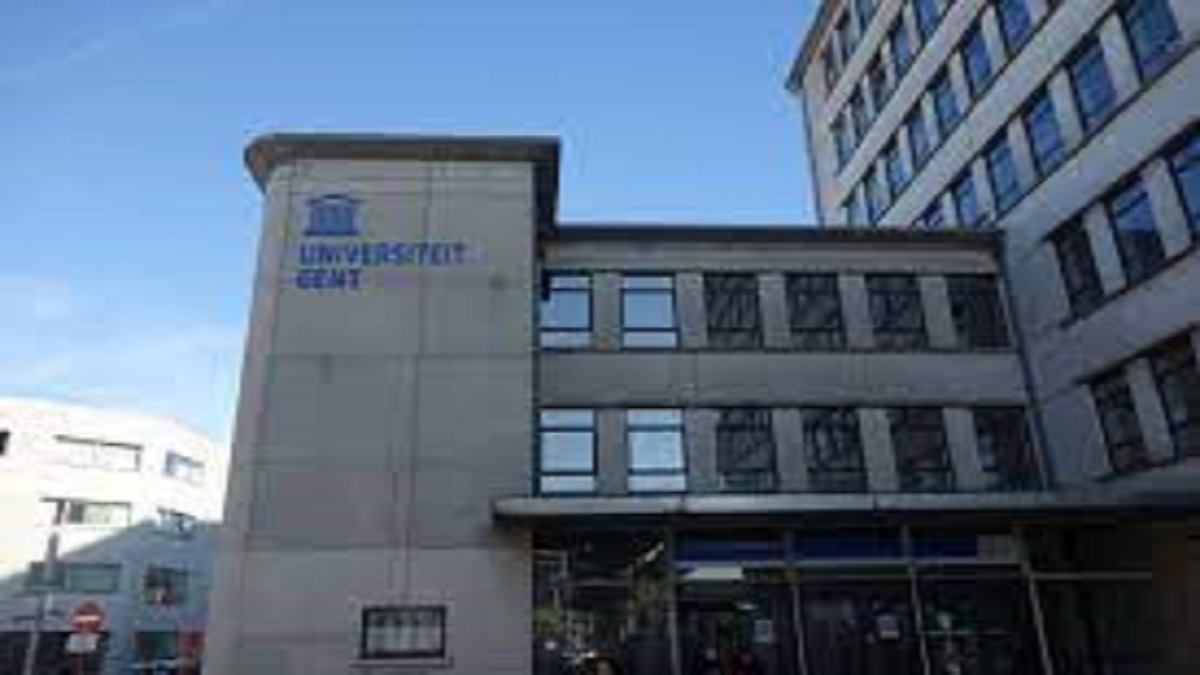Job description
Background:
The offered PhD position is embedded in CVAMO (Cost and Value Analytics, Models & Optimization) and is funded by Flanders Make. Flanders Make supports the industry with manufacturing challenges in their needs and challenges for end-to-end digitisation and employs approximately 750 persons. Currently, Flanders Make focuses on Industry 4.0/5.0 technologies and research is key in making the desired impact to create new insights for realising sustainability, eco-efficiency and operational efficiency. The research project focuses on the track Worker 4.0 that tries to increase the efficiency of a worker via re-skilling in a context of sustainable work and cost optimization.
PhD Research
Title: Cost-benefit analysis of different types of training for worker re-skilling in a production environment.
Abstract: The selection and presence of the right person has become significantly important since today’s knowledge society supports the specialization of personnel and the development of additional skills to improve the satisfactory execution of activities. To support workers with the processing of tasks in a production environment, we analyze the cost benefits resulting from different forms of training such as self-learning (and forgetting), on-the-job training and off-the-job training to re-skill the workforce. Each of these types of training is characterized by (i) a different degree of learning impacting the efficiency and/or quality a worker can process tasks, known as the up-skilling consequences, (ii) a training duration during which workers cannot process other tasks, and (iii) a training cost. The objectives of this research are
(i) to obtain precise estimates of the training features (up-skilling consequences, duration, cost) relative to individual workers,
(ii) assess the causal impact of a learning activity (i.e., treatment) on the quality and/or efficiency of the task for the individual workers using uplift modeling, and
(iii) to develop optimization algorithms supporting the planning and scheduling of production and training activities under different environmental settings.
In this way, companies will gain insight into the required amount, mix and timing of different types of training activities and learn which type of learning is more relevant to consider under which conditions.
Specifics:
You carry out academic and/or applied research in the field of Manufacturing, Personnel Planning and Scheduling and you aim at holding a doctoral degree, after approximately 4 years of research.
You will acquire deep knowledge in the field of operations research and data science.
You participate in the international debate on research and practitioner conferences across the world and you publish your research papers in international top flag journals.
Research is conducted in close collaboration with Flanders Make, which is the strategic research centre for the manufacturing industry (www.flandersmake.be).
- You prepare research proposals in cooperation with industrial partners.
Job profile
- You have an enthusiastic personality and a quantitative mind and you are holder of a university degree (preferably business engineering, civil engineering, bio engineering or a master’s degree in mathematics, IT or computer science).
- You have a wide interest in optimization applications and data science, and you really want to complete research in these fields.
- You are familiar with at least one higher program language (e.g. C, C++, Python, Java) or you are prepared to make efforts for learning a program language.
- You can work independently, accurately and systematically.
- You have a very good knowledge of the English language (both orally and in writing) and you are a good communicator.
How to apply
Applications should include a CV, motivation letter, copies of higher-education degrees, grade transcripts. All documents should be sent electronically (in pdf) to: broos.maenhout@ugent.be. Please mention “PhD_CVAMO” in the subject line. Inquiries about the position can be directed to Prof. dr. Broos Maenhout.
